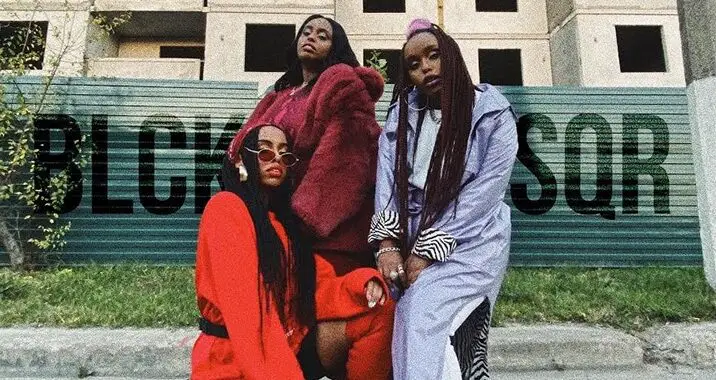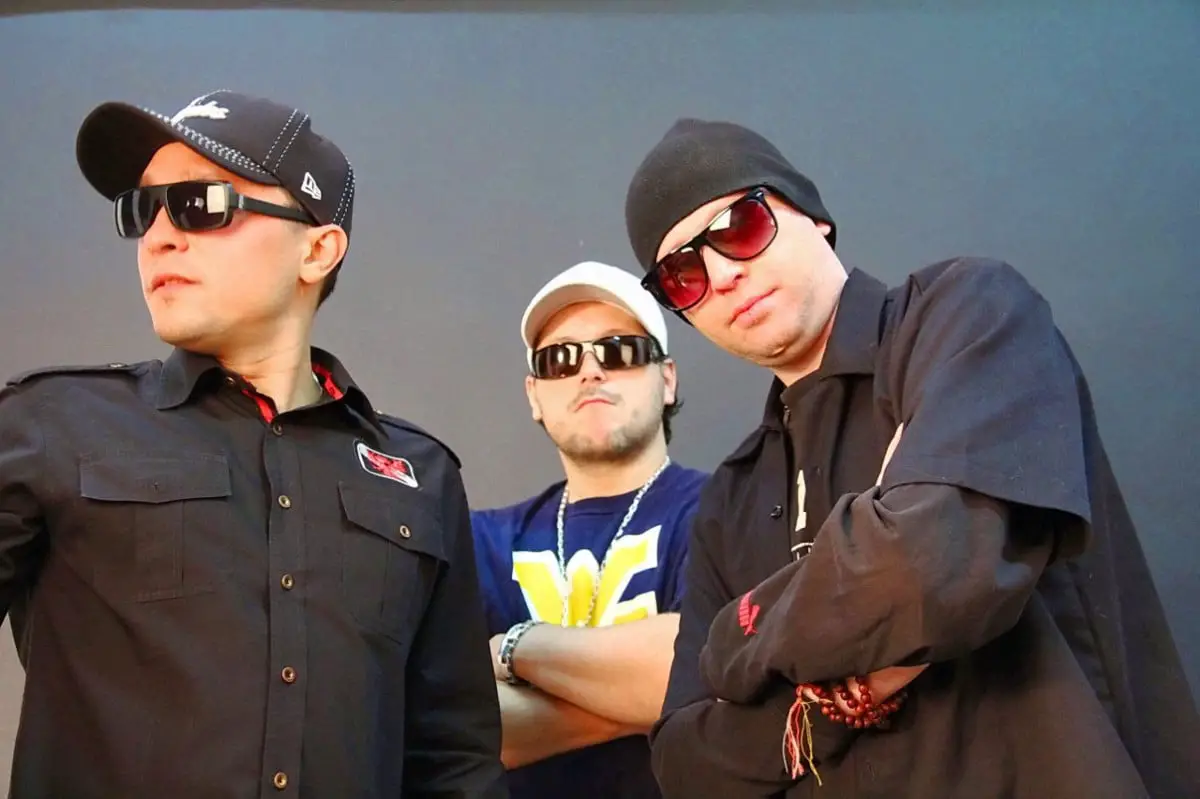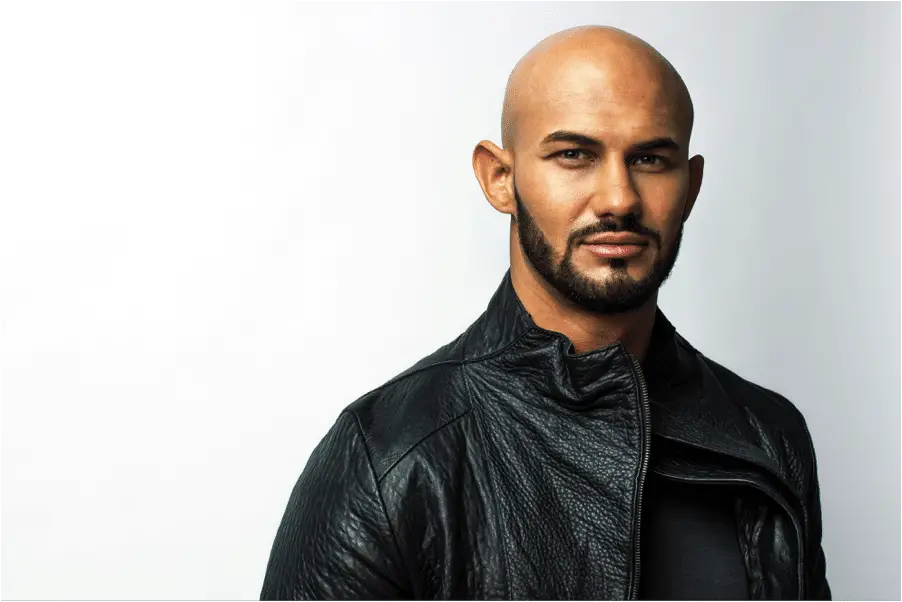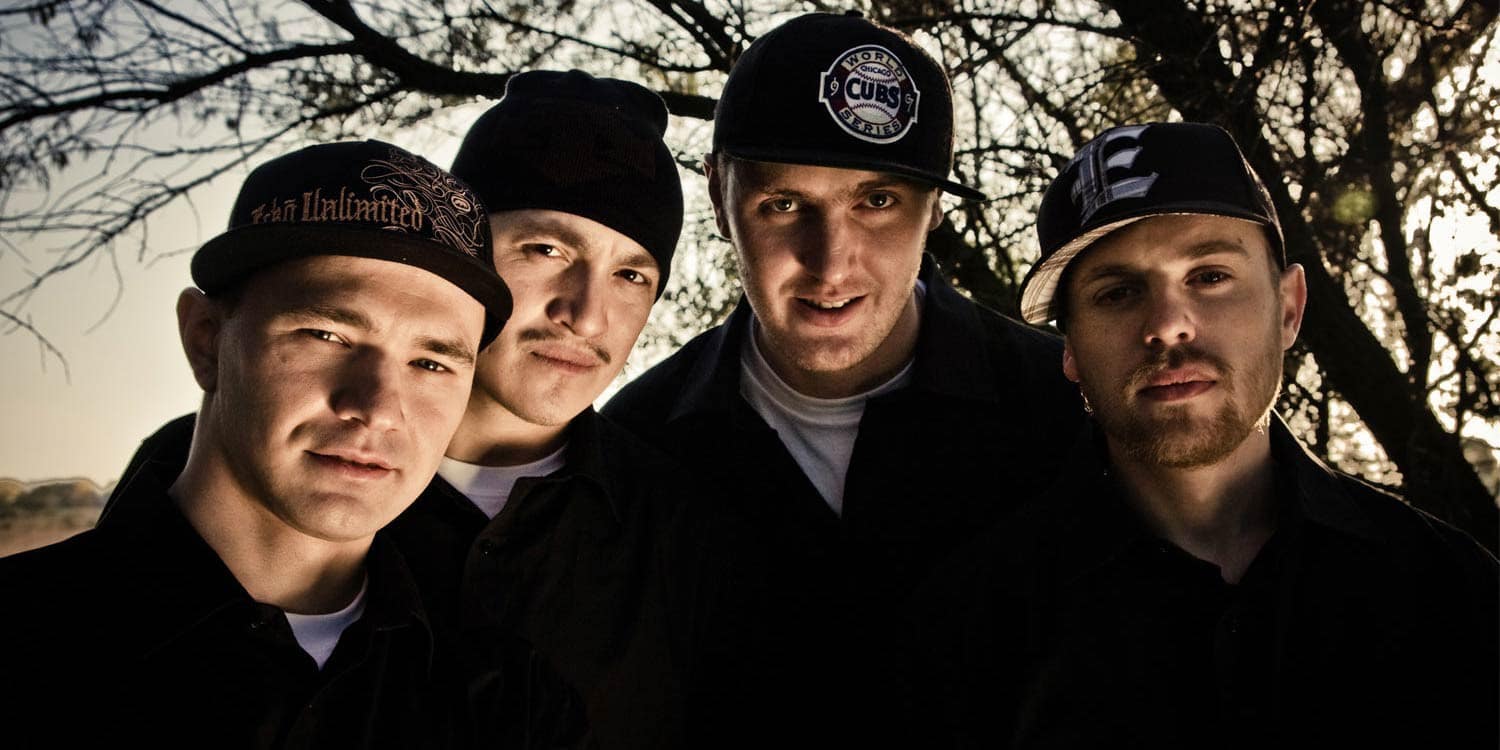When she was six years old, Bethlehem (Betty) Endale’s parents asked her what she wanted to be when she grew up. She still clearly remembers her reply: “Well, I will be a singer.” With her sisters Miriam and Siona, Betty went on to form the group FO SHO, a hip-hop project that has garnered both national and international acclaim. What were once mere dreams of screaming fans and huge music venues became Betty’s reality.
Since their launch in 2019, FO SHO has become a key part of the fast-growing Ukrainian hip-hop genre. They’ve performed at large music festivals both in Ukraine and abroad. They were semi-finalists in Vidbir 2021, Ukraine’s competition to decide who represents the country in the Eurovision Song Contest. Their Youtube presence boasts thousands of subscribers. And — still relatively new to the music scene — they’re just getting started.
The sisters’ parents are Ethiopian Jews. They immigrated from Ethiopia in 1985 to attend medical school in Ukraine, which is where they met. Upon finishing their degrees, they decided to stay and work as doctors in Kharkiv, where they raised their three girls. Hip-hop isn’t the trio’s only profession — Betty is a dentist, Miriam works in the hospitality industry, and Siona currently attends journalism school. Miriam and Siona also studied classical music from a young age — Miriam the violin and Siona the piano.
The formation of their group was inspired by a photograph. The sisters are not very close in age. Betty, at 33, is almost ten years older than Miriam, at 24 — not to mention Siona, the youngest of the three, who is 20. These age gaps seemed glaring in most pictures, until one day they took a group photo where it seemed less obvious. Betty recalls seeing the photograph in which they looked miraculously much closer in age: “We looked like a band!”
Around the same time, Betty had sent a few demos to a manager, Inna Gissa, who Betty met backstage at Eurovision where Betty was performing backup vocals for another musician. After listening to her recordings, Gissa suggested that she form a band with her sisters. This was in 2019, which Betty describes as Ukraine’s hip-hop “boom.” Gissa proposed the group name, which is both a reference to the American slang and to the resemblance between “SHO” and the Ukrainian word що, which means “what.”
The group released their first single, “Catchy,” that same year, followed by another single, “XTRA,” and its corresponding music video. While “XTRA” brought them into the public eye, their big break came a year later when they were invited to join Vidbir and compete for the opportunity to represent Ukraine at Eurovision 2021. They entered their song “Blck Sqr” into the competition, a song whose lyrics prod at freedom of expression and the nature of art itself. It is named after The Black Square, a painting done in the early 1910s by famous Ukrainian artist Kazmir Malevich.
“Black square is a revolutionary work of art, that shocked the whole world with its concept,” Betty, Miriam, and Siona described. “For us it celebrates the differences of opinions, tolerance, freedom and art. We love that! And the fact that Kazemir Malevich was from Ukraine and made it to the world level, inspires us.”
Betty, Miriam, and Siona are ardently proud of their identities as Black Jewish Ukrainians. They have faced racism again and again from childhood, where Siona remembers children gawking at her as if she were an alien, to Vidbir, where they were treated by many like foreigners and asked repeatedly “Are you even Ukrainian?”
“We did not come to Vidbir to prove we are Ukrainian,” Betty says. “We are — that is simply fact.” These experiences, while they report that they happened less frequently with time, continue to inform their music, which often speaks to Ukrainian national identity and pride. “What we are trying to do is make a message through our music as much as we can,” Betty says. “We don’t talk about how everything is good. We talk about political stuff.”
Recently, Russia’s “special military operation” in Ukraine has set their careers on pause. They have moved to Germany but are now concentrating on more Ukrainian-language rap, rather than English or Russian. Their home city of Kharkiv sits in East Ukraine, just miles from the Russian border, and growing up, they used Russian as their primary language. “We think and speak in Russian,” Betty says, “but we are changing to Ukrainian, rapidly, because it’s a must.”
Betty’s childhood dream may have already come true, but the sisters of FO SHO have even bigger dreams in store. “Maybe we’ll have some record labels someday,” Betty says. “We are praying for that to happen.” If their success so far is any indication, that wish too may soon come true.
FO SHO’s music can be found on Youtube and Spotify.
Watch their Vidbir entry “Blck Sqr” below:











